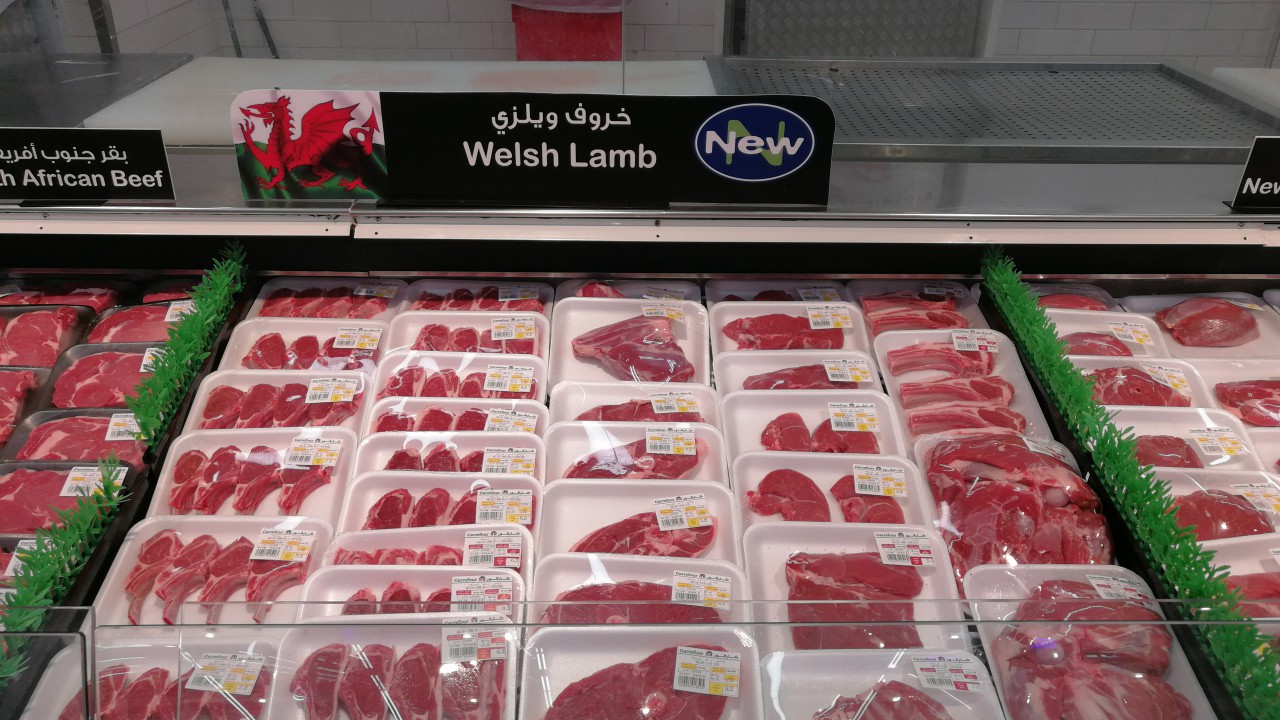Newly-released trade figures from HM Revenue and Customs show that the volume of sheepmeat exported from the UK in the first quarter of 2020 was 15% lower than last year.
Analysts say it’s entirely down to 40% fall in March as coronavirus lockdowns came into effect.
Sheepmeat exports fell from 8,748t in March last year to 5,237t in 2020, cancelling out a positive January and February for the sheep sector.
Foodservice outlets – such as restaurants and hotels – have closed throughout much of Europe, causing a drop in demand while back in the UK, huge fluctuations in demand have shaken up the domestic market.
Current farmgate prices for lamb remain relatively strong. However, industry leaders warn that the sheep sector could still suffer during the summer and autumn.
The sheep sector is more dependent on exports than other parts of the red meat industry and usually sees a higher volume of exports later in the year.
The latest HMRC figures show that in March the beef export trade was less severely impacted by Covid-19, and that long-term problems with African Swine Fever in Asia have helped pork exports to continue to rise despite trade disruption, with China now the largest overseas purchaser of British pork.
Hybu Cig Cymru – Meat Promotion Wales (HCC) export executive Deanna Jones explained that the lamb export figures were expected given the unprecedented disruption to European markets and huge changes in demand, but were still a cause for concern.
“Although Wales exports some lamb year-round, the biggest impact of any disruption may be felt from July through to December this year, when large-scale exports help to support farmgate prices during the seasonal high point of our production,” said Jones.
“The near-closure of the foodservice sector has had a major impact on parts of the red meat industry in Europe and beyond.
Lockdowns are starting to be eased but it is likely to be many months before things return to anything approaching normality for hotels and restaurants.
Jones also outlined the measures that HCC was taking to address the imbalance in demand in the main export markets for Welsh Lamb and Welsh Beef.
“The market research in most of our main export destinations shows that, as in our domestic market, the collapse in the foodservice sector has been accompanied by increasing demand from retailers for certain products,” she said.
“We’ve therefore been revising our plans to focus more on consumer marketing rather than the foodservice sector.”
Jones added that HCC was also working with retail partners in key markets such as France, Germany, Italy and the Middle East to extend promotions and bring them forward to earlier in the year.

